As parents, we strive to provide our babies with the best possible nutrition for their healthy growth and development. When it comes to introducing solids into their diet, finding the right balance between taste, nutritional value, and convenience can be challenging. One option that has been gaining popularity among parents is tomato paste for baby. In this article, we will explore the benefits of tomato paste, its nutrient content, and how it can be incorporated into your little one’s diet. 1. Nutritional Value of Tomato Paste: Tomato paste is made by cooking down tomatoes for several hours, resulting in a concentrated form rich in nutrients. It contains essential vitamins and minerals such as vitamin C, vitamin A, potassium, and lycopene.
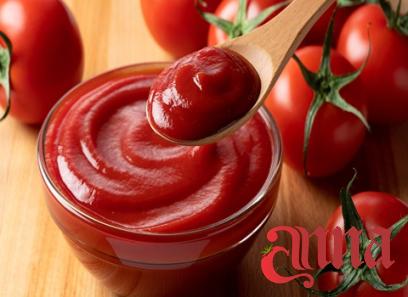
.
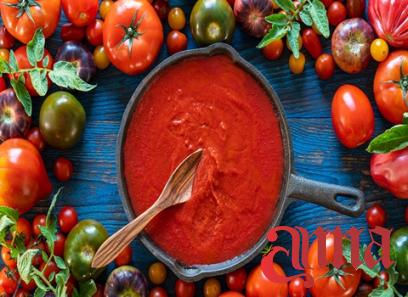 These nutrients play a crucial role in supporting your baby’s immune system, eye health, and overall growth. 2. Natural Sweetness and Taste: One of the advantages of tomato paste is its natural sweetness, which babies tend to enjoy. Many parents struggle to introduce vegetables to their little ones due to their unfamiliar taste or perceived bitterness. Tomato paste, however, offers a savory and slightly sweet flavor that is likely to appeal to young taste buds. This can make it an excellent option for introducing vegetables early on in your baby’s diet.
These nutrients play a crucial role in supporting your baby’s immune system, eye health, and overall growth. 2. Natural Sweetness and Taste: One of the advantages of tomato paste is its natural sweetness, which babies tend to enjoy. Many parents struggle to introduce vegetables to their little ones due to their unfamiliar taste or perceived bitterness. Tomato paste, however, offers a savory and slightly sweet flavor that is likely to appeal to young taste buds. This can make it an excellent option for introducing vegetables early on in your baby’s diet.
..
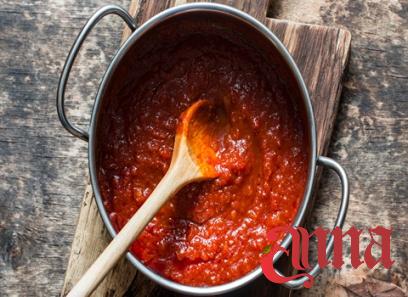 3. Versatile and Convenient: Tomato paste is a versatile ingredient that can be used in various dishes for babies. You can mix it with pureed vegetables, grains, or proteins to add flavor and nutrients to your baby’s meals. It can also be blended with other fruits to create a balanced and tasty smoothie. Furthermore, the compact and long shelf life of tomato paste makes it a convenient addition to your pantry, allowing for quick and easy meal preparation. 4. Consistency and Texture: When it comes to introducing solids to your baby, achieving the right consistency and texture is essential. Tomato paste can be easily thinned with breast milk, formula, or water to create a smooth texture suitable for your little one’s developing digestive system. As your baby progresses towards more substantial textures, tomato paste can be used to add thickness to purees or be incorporated into chunkier dishes.
3. Versatile and Convenient: Tomato paste is a versatile ingredient that can be used in various dishes for babies. You can mix it with pureed vegetables, grains, or proteins to add flavor and nutrients to your baby’s meals. It can also be blended with other fruits to create a balanced and tasty smoothie. Furthermore, the compact and long shelf life of tomato paste makes it a convenient addition to your pantry, allowing for quick and easy meal preparation. 4. Consistency and Texture: When it comes to introducing solids to your baby, achieving the right consistency and texture is essential. Tomato paste can be easily thinned with breast milk, formula, or water to create a smooth texture suitable for your little one’s developing digestive system. As your baby progresses towards more substantial textures, tomato paste can be used to add thickness to purees or be incorporated into chunkier dishes.
…
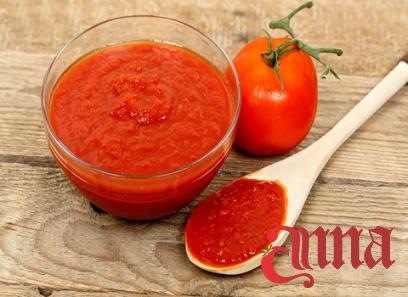 5. Allergen-free and Safe: Tomato paste is generally safe for babies as it does not contain common allergens such as gluten, dairy, nuts, or soy. However, it is essential to check the label for any additives, preservatives, or added sugars that could be harmful to your baby’s health. Opting for organic and homemade tomato paste can ensure that your baby receives a natural and allergen-free product. Conclusion: Introducing tomato paste into your baby’s diet can bring a range of benefits, including added nutrients, natural sweetness, and culinary versatility. Its adaptability makes it an ideal ingredient for providing your little one with well-rounded and tasty meals. However, always consult with your pediatrician before introducing new foods to your baby, especially if they have any known food allergies or sensitivities. With the right approach, tomato paste can be a nutritious addition to your baby’s diet, supporting their healthy growth and development.
5. Allergen-free and Safe: Tomato paste is generally safe for babies as it does not contain common allergens such as gluten, dairy, nuts, or soy. However, it is essential to check the label for any additives, preservatives, or added sugars that could be harmful to your baby’s health. Opting for organic and homemade tomato paste can ensure that your baby receives a natural and allergen-free product. Conclusion: Introducing tomato paste into your baby’s diet can bring a range of benefits, including added nutrients, natural sweetness, and culinary versatility. Its adaptability makes it an ideal ingredient for providing your little one with well-rounded and tasty meals. However, always consult with your pediatrician before introducing new foods to your baby, especially if they have any known food allergies or sensitivities. With the right approach, tomato paste can be a nutritious addition to your baby’s diet, supporting their healthy growth and development.

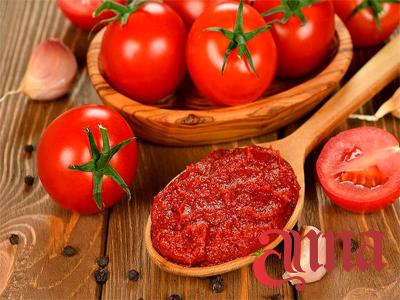
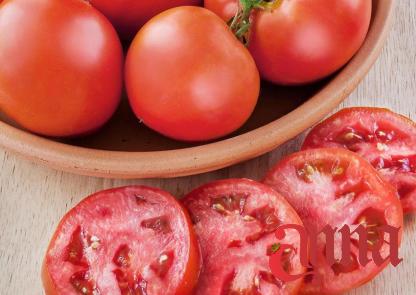
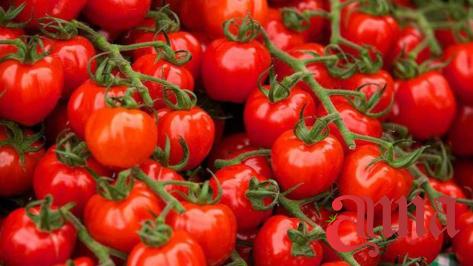
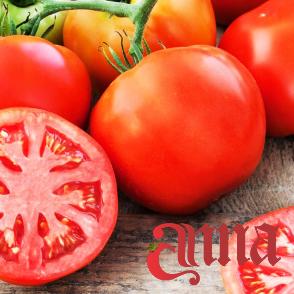
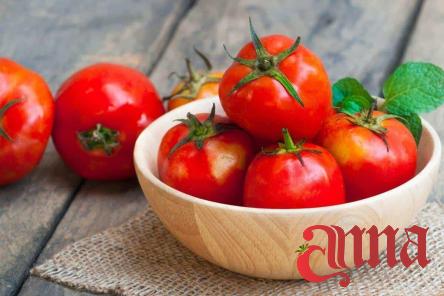
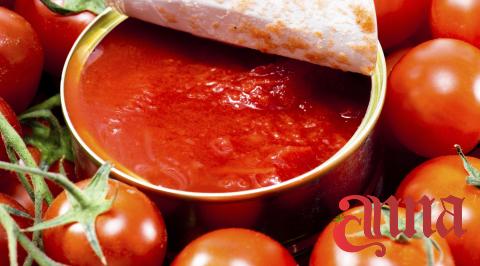
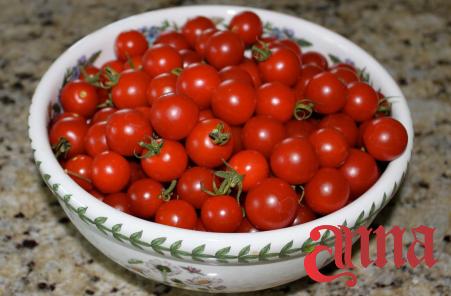
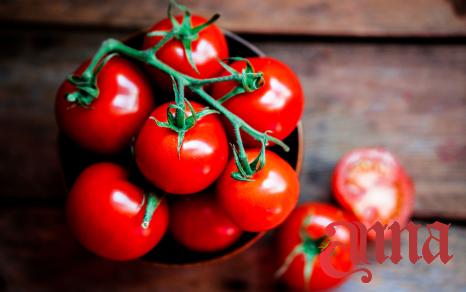
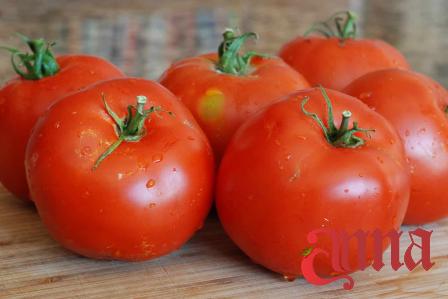
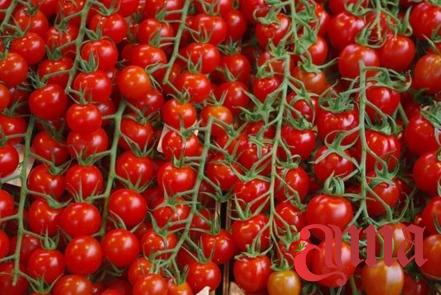
Your comment submitted.